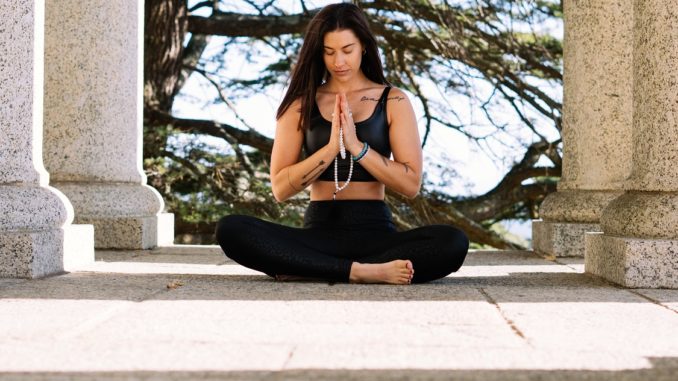
Mindfulness Meditation For Anxiety – Introduction The technique of actively and nonjudgmentally examining emotions, sensations, and experiences to assist offer detachment from unpleasant or overwhelming feelings of worry is known as mindfulness meditation. It is based on the notions of mindfulness and tolerance, and research has shown that it can help with stress, pain management, and a variety of other issues.
How Mindfulness May Help You Cope With Anxiety?
When the body is under stress, people typically notice that most of their ideas, emotions, and experiences seem to be amplified. Mindfulness can assist in reducing the severity of the body’s response to stressful situations.
Mindfulness helps a person to stand back from the turmoil of worry and build a barrier that gives emotional protection. A user should be allowed to better investigate the root of the worry by so doing.
How Do You Put That Into Practice?
Anyone can try mindfulness meditation since it is a relatively basic practice. When anxiety strikes, a person must take a couple of minutes to practice mindfulness meditation and observe if it helps to minimize the anxiety symptoms.
These are the actions to take:
- Keep Your Focus On The Current Moment. Start noticing and hold the physiological and emotional sensations that arise in the present situation, without judging or assessing them. Take on the role of a container for these feelings and observe how they evolve over time.
- Concentrate Your Focus On Your Breathing. Pay close attention to the pace and the pattern of your respiration. Determine if the sensation is deep or profound and whether it is stronger in the heart or the head.
- Expand Your Focus To Include Your Full Body. Observe how your sensations fluctuate throughout your body from time – to – time. Hold the emotions in your mind, watching them without passing judgment.
How Mindfulness Can Help You Feel Less Anxious?
- Mindfulness teaches you how to be present with painful emotions rather than analyzing, ignoring, or promoting them. Allowing yourself to express and accept your anxieties, annoyances, unpleasant experiences, and other troubling thoughts and feelings might help them fade away.
- Mindfulness helps you to carefully investigate the root reasons for your depression and fear. You provide the chance to get an understanding of what’s motivating your worries by staying with what’s occurring rather than resisting or backing away from it.
- Mindfulness allows users to create a room around their anxieties, allowing them to pass them by.
Conclusion
These are some of the top reasons that enable depressed people to feel less worried and less anxious. So, start concentrating on living a stress-free life ahead.
